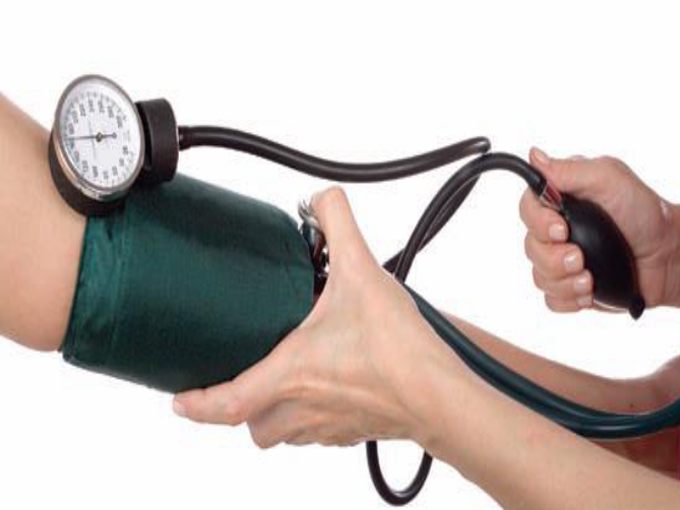Mind Your Risks℠ and Act FAST to Prevent and Treat Strokes
Presented on .
Every four minutes, an American dies from a stroke. Though we have come a long way in the prevention and treatment of stroke, it is still the fifth leading cause of death in the United States and is a major cause of adult disability. Of the nearly 800,000 people in the United States who suffer from strokes each year, about 75% survive, and stroke care is estimated to cost over $33 billion annually. Risk factors like uncontrolled high blood pressure remain common, and rising obesity rates threaten progress. The good news is that many risks, including high blood pressure, heart disease, high cholesterol, and diabetes, can be reduced with healthy lifestyle changes and medication. When a stroke occurs, knowing the signs and acting quickly can improve the chance of a full recovery.
To reduce treatment times and improve clinical outcomes for stroke, it is important to develop integrated systems for prevention, treatment, and rehabilitation. Programs like the Paul Coverdell National Acute Stroke Program encourage the development of such systems statewide. CDC also works with national partners like the American Heart Association and the Joint Commission to implement guidelines that improve stroke prevention and care at healthcare facilities across the country.
This session of Grand Rounds discusses how public health programs and healthcare providers are working together across the nation to identify and reduce stroke risks, and to improve the quality of stroke care and treatment.
In this session of Beyond the Data, Dr. Phoebe Thorpe and Dr. Walter Koroshetz discuss some of the risks that can lead to stroke, and what healthcare providers are doing to improve patient outcomes. Tune in to hear what you can do to help prevent stroke.
- Walter Koroshetz, MD
- Director, National Institute of Neurological Disorders and Stroke
National Institutes of Health
- Cheryl Bushnell, MD, MHS
- Professor, Department of Neurology
Director, Wake Forest Baptist Stroke Center
Wake Forest School of Medicine
- Michael Frankel, MD
- Professor and Director of Vacular Neurology,
Emory University School of Medicine;
Lead Neurologist, Georgia Coverdell Stroke Registry;
Director and Chief of Neurology, Marcus Stroke and Neuroscience Center at Grady Hospital
- CDR Jennifer Foltz, MD, MPH
- Medical Epidemiologist, Epidemiology and Surveillance Branch,
Division of Heart Disease and Stroke Prevention
National Center for Chronic Disease Prevention and Health Promotion, CDC
- John Iskander, MD, MPH
- Scientific Director
- Phoebe Thorpe, MD, MPH
- Deputy Scientific Director
- Susan Laird, MSN, RN
- Communications Director
Get notified about the latest updates from Public Health Grand Rounds right in your inbox by setting up an alert today!
Get notified about the latest updates from Public Health Grand Rounds right in your inbox by setting up an alert today!Sign Up
Get notified about the latest updates from Public Health Grand Rounds right in your inbox by setting up an alert today!
- Presentation Slide Deck [3 MB, 73 Pages, HTML]
- Stroke Risk Estimator
A tool from the American College of Cardiology and the American Heart Association to help you estimate your risk of stroke.
CDC Course Code: PHGR10
CPE UAN: 0387-0000-16-005-H04-P
For more information, see Grand Rounds Continuing Education.

High blood pressure increases the risk for cardiovascular disease, the leading cause of death in the United States. It is called the “silent killer” because it often has no warning signs or symptoms. Find out how public health and clinical approaches can better identify, treat, and control high blood pressure.

The majority of US adults consume more than double the recommended maximum of sodium, which is a direct cause of hypertension, a condition that affects nearly 1 in 3 Americans. Hypertension is a major contributor to cardiovascular disease and disability. Learn fact from fiction in this very real public health burden.
